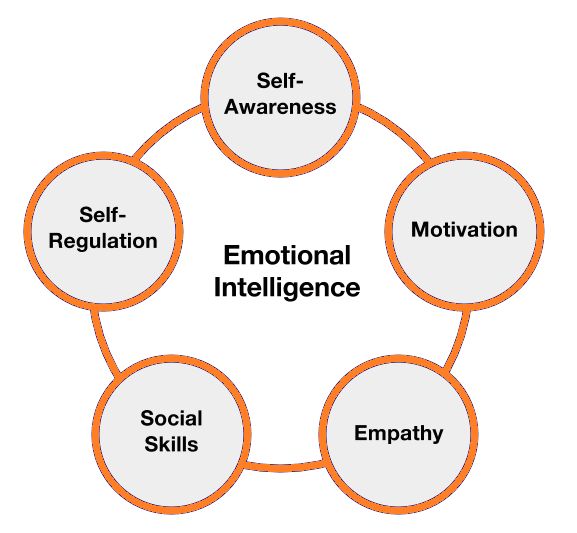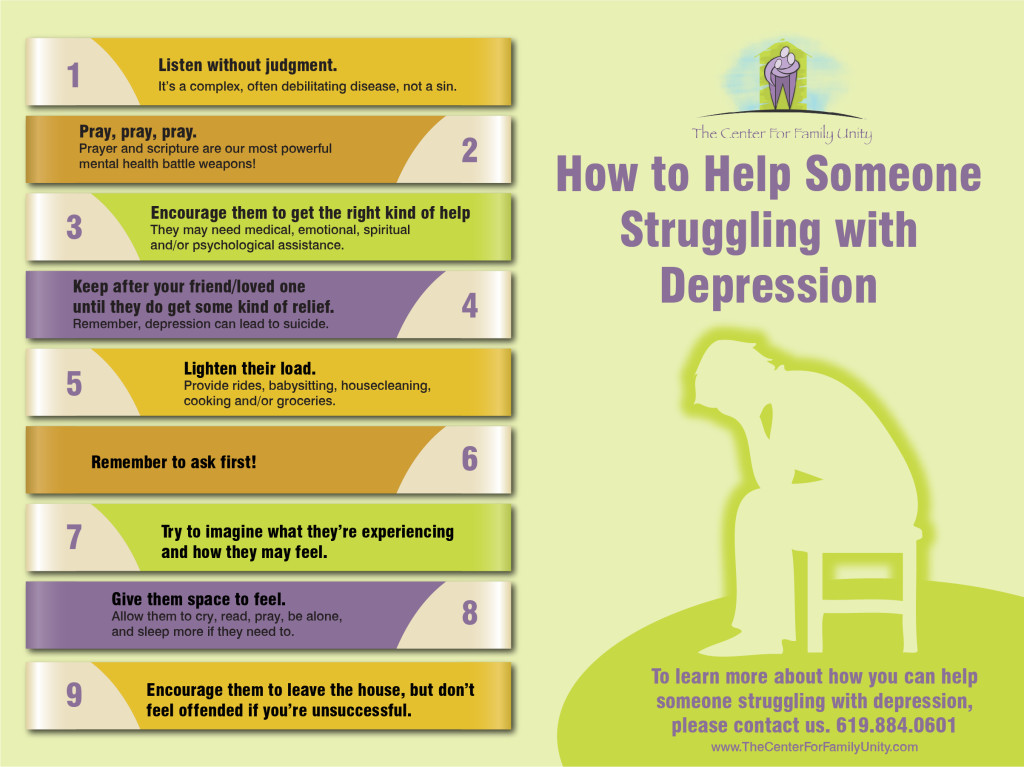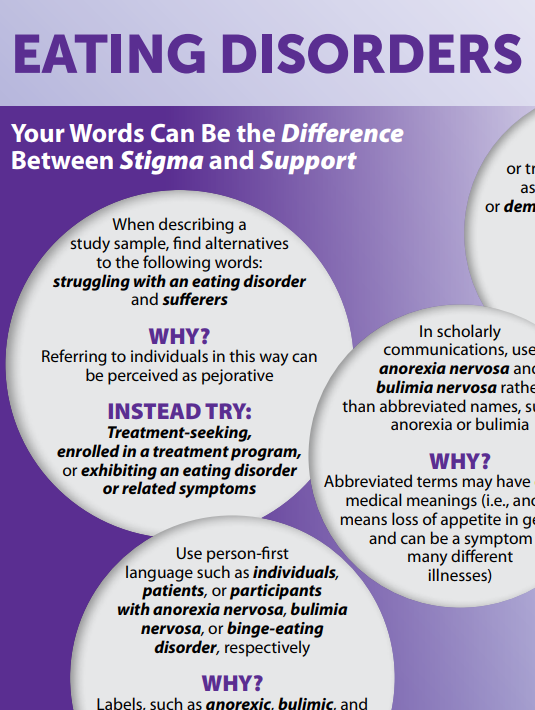What are my boundaries
Personal Boundaries: Types and How to Set Them
Personal boundaries are vital but not always easy to establish. Still, with a few helpful tips, setting and communicating boundaries becomes easier.
From childhood, we’re often taught to bend and mold ourselves to make others comfortable. Sometimes this messaging is implied (as in school dress codes, for instance), and sometimes it is direct (“I don’t’ care if you don’t want to hug your grandfather, it’s rude not to!”), but the one truth is that it’s always there.
So it’s no wonder some of us find it difficult to set appropriate boundaries as we get older. We don’t want to offend or hurt others, even when that avoidance ultimately means hurting ourselves. We’ve been taught from a young age to put the feelings of others ahead of our own needs, to the point that many of us don’t even know the answer to the question, “What are boundaries?” let alone how to set them.
That isn’t a healthy or effective strategy for anyone. Research has found that the violation of personal space can cause discomfort, and personal experience tells most of us that discomfort caused by boundary violations can lead to anxiety and fallout in our relationships — both personal and professional.
Personal boundaries are simply the lines we draw for ourselves in terms of our level of comfort around others.
These boundaries may have to do with:
- physical contact (not feeling comfortable hugging a person you’ve just met)
- verbal interactions (not wanting a friend or family member to speak down to you)
- our own personal space (choosing to not have others in your home when you aren’t there)
These boundaries typically fall into a few specific categories:
- emotional (protecting our own emotional well-being)
- physical (protecting our physical space)
- sexual (protecting our needs and safety sexually)
- workplace (protecting our ability to do our work without interference or drama)
- material (protecting our personal belongings)
- time (protecting the use, and misuse, of our time)
Boundaries can also exist in a variety of situations, including:
- at work
- at home
- when visiting family
- when out with friends
Really, any time you are talking about engaging with others, you’ve likely got personal boundaries that surround that situation.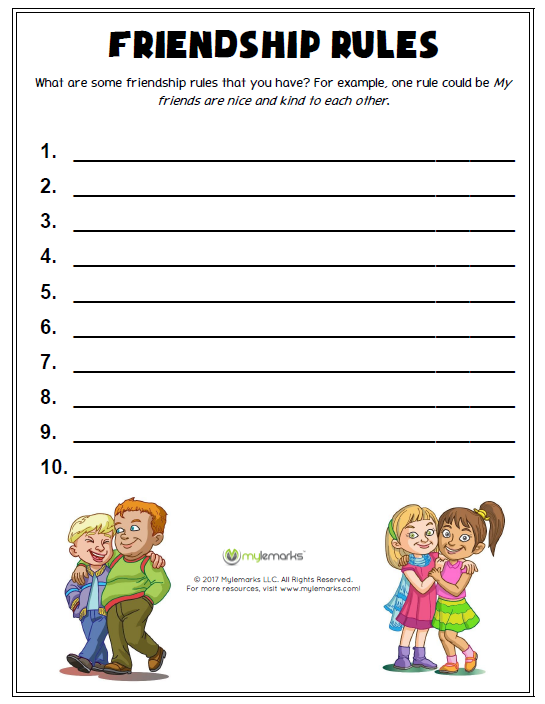
And finally, personal boundaries don’t have to be communicated for them to exist. We all have our lines of discomfort — they’re there whether you tell others about them or not. Still, personal boundaries are more likely to be violated if we don’t communicate them.
That’s when problems may occur.
We all have our own personal lines, boundaries we would feel more comfortable navigating life and our relationships with. The thing is, not everyone has the same boundaries, and most people aren’t capable of guessing what another person’s boundaries may be.
This is especially true for people who may have lower emotional intelligence (EQ). And often, they’re the people who benefit the most from having personal boundaries clearly communicated to them.
Setting boundaries is simply about communicating your needs for healthy interaction to someone else. It isn’t always easy. Not everyone may like or understand your boundaries or your reasons for setting them. But if you don’t set those boundaries, you certainly can’t expect them to be followed.
It often takes courage and strength to set boundaries, but when you do so, you can feel comfortable knowing your lines have been set. Your needs have been communicated. And if someone chooses to violate your boundaries after that, you would be within your rights to create further distance between yourself and that person.
No one has the right to tread on your boundaries. (But it’s also good to keep in mind that you — likewise — don’t have the right to tread on someone else’s.)
Boundaries are important, but they aren’t always easy to establish. People often don’t know where to begin or how to communicate their needs to others.
If you’re looking for a way to set your own personal boundaries, it may be a good idea first to consider what type of boundary you’re setting.
Setting emotional boundaries
Emotional boundaries often have to do with how others talk to and treat us, and they aren’t always things we think to set until after a boundary has already been crossed. This is OK, though.
This is OK, though.
Let’s say you got into an argument with someone, and they called you an unkind name. Once you have both calmed down, the best way to set an emotional boundary with that person is to:
- Approach them.
- Ask to speak about the argument.
- Own any part you may have played in the argument going awry.
- Tell them that you are not OK with name-calling and that you will need them to engage without stooping to that level in the future.
Setting physical boundaries
Let’s say you aren’t comfortable with shaking hands. While this tends to be a social norm, there are many reasons a person may not be comfortable doing so — especially since the COVID-19 pandemic. The best way to set this boundary is before it even becomes an issue. When you meet someone new:
- Wave from a few feet away.
- Smile and say, “I don’t shake hands, but I’m so glad to meet you.”
- Don’t feel the need to apologize or explain yourself beyond that.
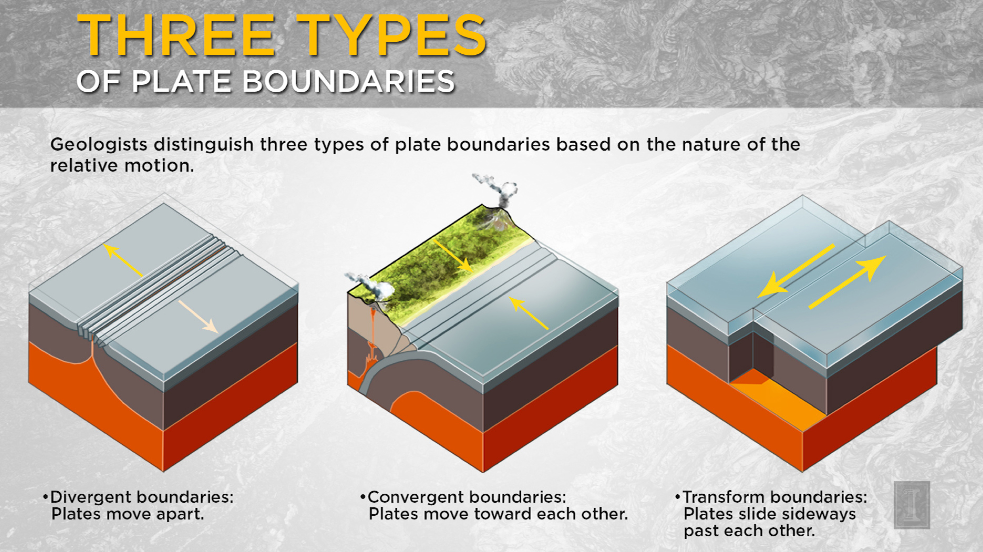
This same tactic of saying something before a boundary is crossed works for other physical boundaries like not wanting hugs (a fairly common boundary) or being touched by someone you don’t know.
Plus, if someone is in your physical space, consider saying, “I get uncomfortable when people are too close to me. Could you take a step back?”
Remember: Boundaries are healthy, and you’re allowed to set your own.
Setting sexual boundaries
When beginning a new intimate relationship, it’s always a good idea to sit down with your partner first so that you can discuss each other’s sexual boundaries.
This can be a conversation you prompt by saying something like, “I am looking forward to taking the next step in our relationship, but I’d like to take a moment to talk about what that might look like.”
From there, you can communicate things you are and are not comfortable with in an intimate situation.
Setting workplace boundaries
The best way to establish workplace boundaries is to first set the tone in how you conduct yourself professionally — it should reflect the professional manner you hope others will return when engaging with you.
From there, setting workplace boundaries is often a matter of waiting until a boundary has been crossed before addressing the situation. For instance, if a colleague talks down to you in a meeting, you can approach them afterward and explain to them why that was unacceptable and what you need from them in the future.
If you have a colleague who routinely violates your work boundaries, don’t hesitate to get human resources involved.
Setting material boundaries
Let’s say you have a camper that a close friend wants to borrow for a trip with their family. You’re open to letting them use it, but you also want to make sure they take care of it the way you would.
In this case, it’s perfectly acceptable to outline your boundaries for care in writing, providing instructions for cleanup and general care. Written instructions placed inside the camper would be simpler for your friend to look back to, and they also help make your boundaries very clear.
Setting time boundaries
People tend to fall within two categories regarding time: Those who run late to everything, and those who tend to think that if you’re not early, you’re late.
If you’re the latter, you likely feel as though your boundaries are often intruded on by the former. This is actually a very simple solution to navigate, however:
- Decide in your mind how long you’re willing to wait beyond an agreed upon meeting time.
- Give yourself permission to leave or cancel an appointment if that time isn’t met.
- If you’re dealing with someone who is perpetually late, communicate this to them ahead of time — let them know you will be leaving after a certain amount of time has passed. Still, try not to sound accusatory. Consider acknowledging that you two have different personalities. You’re not trying to change them, but you need to set time boundaries for yourself because you can’t afford or don’t want to wait any longer.
Sometimes, no matter how hard you’ve tried to communicate your boundaries, someone may break them anyway. In that case, know that you’re allowed to cut off contact with that person. Anyone who doesn’t respect your boundaries ultimately doesn’t respect you.
Of course, you have to know your boundaries before you can expect anyone else to follow them. So consider sitting down and writing out what some of your boundaries may be.
It may help to work through the categories, considering interactions that have made you uncomfortable in the past and how establishing boundaries may have helped.
The most important thing to remember is that you’re allowed to set these boundaries, and there’s no need to feel guilty about it.
The world is not a better place when we ignore our own needs for the comfort of others — the people who care about you want to know what you need to feel safe. But they can’t help until you know that yourself, and are able and willing to communicate those needs.
What are my boundaries? - love is respect
When you think of a boundary, what comes to mind? You might think of something like a property line or the defining lines of a shape. Boundaries show where one thing ends and another begins. Boundaries in a relationship are kind of like this; they help each person figure out where one person ends and the other begins. In short, boundaries help you define what you are comfortable with and how you would like to be treated by others. They apply to any kind of relationship you have – whether with a friend, family member, partner or anyone else in your life.
Boundaries in a relationship are kind of like this; they help each person figure out where one person ends and the other begins. In short, boundaries help you define what you are comfortable with and how you would like to be treated by others. They apply to any kind of relationship you have – whether with a friend, family member, partner or anyone else in your life.
What are my boundaries?
Even though we talk about them in relation to other people, in some ways boundaries are really about your relationship with yourself; they help you honor your needs, goals, feelings and values. Boundaries can be emotional, physical or even digital. Some examples of personal boundaries might be:
- I’m cool with following each other on social media, but not with sharing passwords
- I’m comfortable kissing and holding hands, but not in public
- I’m okay with regularly texting, but I don’t want to text multiple times in an hour
- I want to spend time with my friends/family on weekends
- I need quiet time to myself every day
- I’m comfortable with some touching, but I’m not ready to have sex
It can be helpful to think through your own boundaries, no matter what your relationship status is. Start by paying attention to how you feel about and react to situations around you, whether in real life or in shows or movies you watch. What makes you feel uncomfortable? What’s important to you? What do you want to keep private? Is there any type of behavior or trait that would not fly with you, ever (sometimes called a “dealbreaker”)? It might be helpful to write down some of your thoughts.
Start by paying attention to how you feel about and react to situations around you, whether in real life or in shows or movies you watch. What makes you feel uncomfortable? What’s important to you? What do you want to keep private? Is there any type of behavior or trait that would not fly with you, ever (sometimes called a “dealbreaker”)? It might be helpful to write down some of your thoughts.
Communicating boundaries
How can you and your partner know each other’s boundaries? By talking about them! Communication is really key in a healthy relationship, and boundaries are an important part of an ongoing conversation between you and your partner. Talking about boundaries can happen whenever, wherever! If your partner does something that you like or don’t like, let them know. A simple, “Hey, I really like it when you…” or “I’m not comfortable when we…” lets them know what’s up. In a healthy relationship, partners respect each other’s boundaries once they’ve been communicated. And if you’re ever not clear on your partner’s boundaries, just ask! Questions like “Is this okay?” or “Are you cool with this?” can help jumpstart the conversation. Just remember: if you don’t want to talk about your boundaries with your partner because you’re afraid they’ll react with anger or violence, that’s a warning sign that your relationship might be unhealthy or abusive.
And if you’re ever not clear on your partner’s boundaries, just ask! Questions like “Is this okay?” or “Are you cool with this?” can help jumpstart the conversation. Just remember: if you don’t want to talk about your boundaries with your partner because you’re afraid they’ll react with anger or violence, that’s a warning sign that your relationship might be unhealthy or abusive.
Healthy vs. unhealthy boundaries
How do you know if a boundary is healthy…or not? It’s important to recognize that healthy boundaries help to protect and respect you; an unhealthy boundary seeks to control or harm someone else. A healthy boundary would be: “I need space to hang out with my friends and do things I enjoy on my own.” But if your partner says, “I need you to stop talking to other guys/girls because you might cheat/I get jealous,” that’s not a healthy boundary; it’s a warning sign that your partner may have some trust issues and is trying to control who you hang out with. Here are some more great examples of healthy/unhealthy boundaries!
Here are some more great examples of healthy/unhealthy boundaries!
Can boundaries change?
Can your boundaries change over time? Yes! It’s normal for boundaries to shift as we gain more life experience or get more comfortable in our relationships. We might not be okay with something at the beginning of a relationship, but we might be totally cool with it a few months down the line. On the other hand, we might realize something crosses a boundary for us after experiencing it for the first time. Every person has the right to change their mind about what their boundaries are at any time. What’s important is that you’re communicating any boundary changes to your partner and you’re making changes because YOU want to, not because you’re being pressured, forced or manipulated into making them.
You deserve to be safe and respected, and boundaries play a big part in creating healthy relationships that let you be YOU. If you still have questions about setting your own boundaries, we can help you think through them.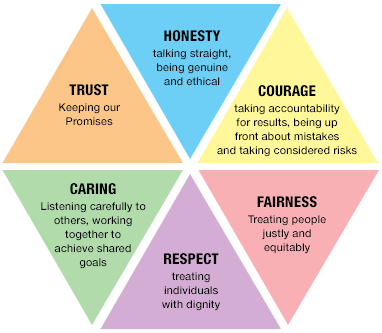 Call, chat or text with a loveisrespect advocate any time.
Call, chat or text with a loveisrespect advocate any time.
Answers shouldn’t be hard to find.
We're here to help!
Set Healthy Boundaries: 10 Steps
120,879
Man among men Practices how to
What does it look like? For example, you are talking on Skype with a friend at midnight, because it is more convenient for her. Or give a ride to a colleague who, as soon as he sits down, habitually lights up in your car.
You and your husband are going on vacation to a place where it rains and where pike is excellently caught. You don't even realize that your boundaries are being crossed even when they are taunting you or joking about your size. nine0003
Some of us are reluctant to set clear boundaries because we believe that doing so can offend those around us.
Others set them up in such a way as to stake out part of someone else's territory.
But remember that there is that part of your "I" that needs to be protected from any encroachment, something that belongs only to you. Your emotional health, what you believe in, what you won't let outsiders touch.
Your emotional health, what you believe in, what you won't let outsiders touch.
What are these boundaries and why are they needed? Most simply they are defined by the words "my business" - "your business". By setting boundaries, we first of all decide for ourselves what behavior towards us will be reasonable and safe for us, will not destroy us as a person. nine0003
They are not designed to get someone to do something. We set them for ourselves, and in this way we show that we are responsible for our own destiny, for what is permissible and what is unacceptable to do in relation to us. But for this you need to know exactly who we are and what our true "I" is.
We understand where we end and another begins. We are responsible for ourselves and only ourselves. This is where every healthy person starts.
It is almost impossible to manipulate a person who is clearly aware of his personal boundaries and has clearly marked them for others. nine0003
Determine if these boundaries are violated:
Physical boundaries
The very first, basic boundary for us is our skin.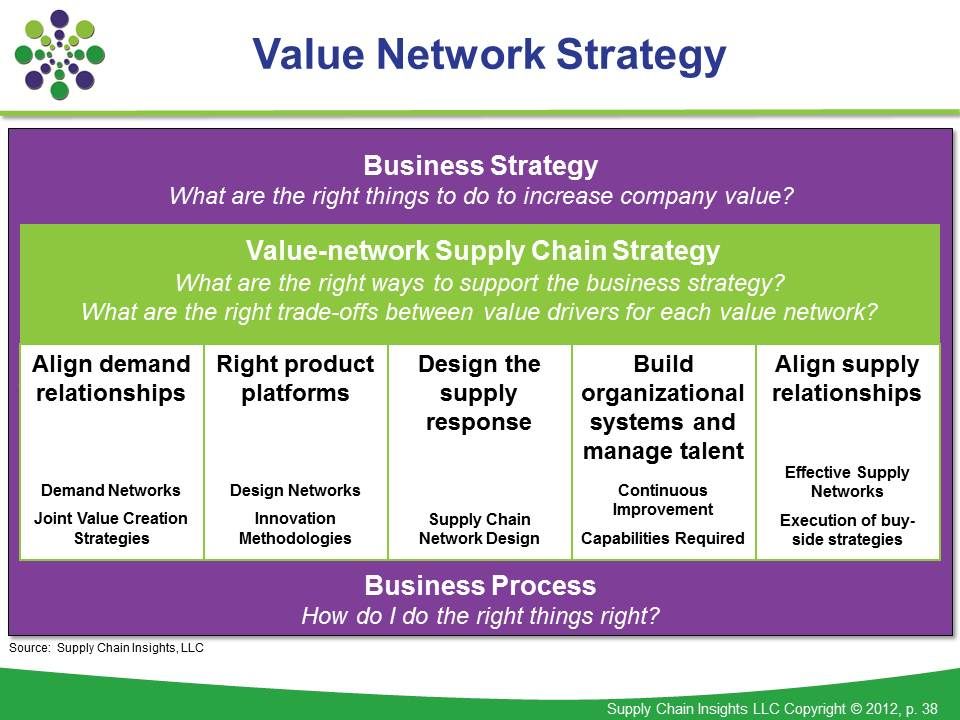 Important concepts that define your physical boundaries are physical space and personal space. Ask yourself the following questions to see if your boundaries are being violated by others.
Important concepts that define your physical boundaries are physical space and personal space. Ask yourself the following questions to see if your boundaries are being violated by others.
Who is allowed and who is not allowed to touch you and how? What do you consider only your personal space that needs to be protected?
Do you have a place in your house where you can be alone?
Sexual Limits
Find your personal level when sexual activities and touching are comfortable for you. Only you determine what is acceptable and what is not, where, when and with whom. Stick to these boundaries and don't be silent when they are violated.
Material boundaries
What do you think is permissible and what are not permissible in relation to your property?
What can you give as a gift? Borrow? nine0003
How much money do you allow yourself to borrow? Do you allow strangers to use your car, clothes, apartment? It is only you who determines this, and for different people these boundaries can be very different.
Who enters your house? Who wouldn't you like to see?
The same goes for your children's friends: which rooms in your house are not open to guests?
Do guests take off their shoes? Do they eat and smoke in your car? All these are things that should be determined only by you as the owner of the house. nine0003
Emotional boundaries
You are responsible for your feelings, but others are also responsible for their feelings. Don't let anyone take it out on you or make comments about your weight, appearance, or age. And don't do it yourself. Healthy emotional boundaries keep you from blaming or taking someone else's accusations personally. And also feel guilty for someone's decisions or problems and give unsolicited advice.
A border no one knows about is not a border
If you make excuses and argue or defend yourself, this is also an indicator of weak emotional boundaries. “I’m sad, I’m angry, I’m scared…” Are you able to respond to these feelings of yours immediately and calmly accept them? If you ignore them when they first appear, if you think you shouldn't have these feelings at all, your body will turn up the volume until you hear them.
Spiritual boundaries
What is important to you in life? What do you believe? As in all the previous ones, these boundaries must be felt and realized when they are crossed. nine0003
Intellectual boundaries
Your values, opinions, thoughts. They are only yours. And each individual decides what he wants to share with others, and what to leave unsaid. What do you believe? Can you listen with an open heart to those who express a different opinion, and at the same time without prejudice, without compromising your core beliefs?
There are two more things that belong only to you. These are your words and your time.
Remember: "no" is the most basic boundary and a complete, extended sentence. nine0003
Healthy boundaries are not:
- set for us by someone else;
- hurt us;
- are rigid and immovable;
- invade our personality.
10 laws of healthy boundaries
1. All actions have consequences. If someone in your life showed violence, cruelty, selfishness towards you, did you set boundaries? Or does it all happen over and over again with no consequences for them? nine0003
If someone in your life showed violence, cruelty, selfishness towards you, did you set boundaries? Or does it all happen over and over again with no consequences for them? nine0003
2. The law of responsibility. We answer to each other, but not to each other. This means not encouraging or provoking anyone's infantile behavior.
3. Power has limits. We have power over some things, but we do not have the power to change other people. We only have the power to change our own lives.
4. The law of respect. If we want others to respect our boundaries, we must respect theirs too. nine0003
5. Freedom of choice. We should be free to say "no" or say "yes" with a pure heart. You can’t love a person just because you feel sorry for him and he leaves you no other choice.
6. We need to evaluate the pain of setting our boundaries for others . Do our boundaries cause pain that will then lead to healing and growth? Or the pain that only hurts them?
7. Law of proactivity. We take active steps to solve problems based on our values and desires. Proactive people defend their freedom and express disagreement, but without raising an emotional storm. nine0003
Law of proactivity. We take active steps to solve problems based on our values and desires. Proactive people defend their freedom and express disagreement, but without raising an emotional storm. nine0003
8. The law of envy. We will never get what we want if we set our limits based on what others have. An envious person simply does not see his boundaries based on the choices that he has.
9. Law of activity . Don't wait for others to make the first move.
10. You need to communicate your boundaries. A border that no one knows about is not a border. We must make it very clear to the other what we want and what we do not want, what we will tolerate and what we will not. We must also make it clear that every violation of boundaries has consequences. nine0003
Text: Maria Malygina Photo source: Getty Images
New on the site
Alexander Tsypkin: “Appreciate your vices”
“How can I tell my parents that I changed my name? That’s my sister’s name too. ”
“How Can I Help?”: 5 Questions to Understand Yourself and Others—Ask Them Regularly
How Video Games Help Us Become Better: An Exploration of the 6 Essential Genres
Value Thinking: How to Stop divided into “good” and “bad”
“I left the abuser, but now I’m worried: what if it was a mistake?” nine0003
“My mother poisons my life, but the feeling of guilt does not allow me to reduce communication to a minimum”
Think like a millionaire: what thoughts will help you get rich
Personal boundaries: what are they, how to build and defend them
It would be convenient if everyone the person was accompanied by a clear instruction - do not touch here, do not touch this topic, the following is permissible in sex, views are moderately open, I do not lend. It would also be amazing if this instruction changes in real time, adjusting to our new needs, periods in life, certain people, personal crises and discoveries. But such a document is not issued anywhere, so people around can only guess - by indirect signs and personal interpretations - where everyone's comfort zone ends. What is there, even the person himself is not always aware of what is good and what is bad. nine0003
What is there, even the person himself is not always aware of what is good and what is bad. nine0003
- What is
- Why do we need
- How to line up
- How to protect
What are personal boundaries
Advertising on RBC www.adv.rbc.ru
Personal boundaries are invisible, but very important "fences" that separate a person, his habits, aspirations, actions and thoughts from the outside world. They are needed to protect the individual and what is valuable to her - time and energy, emotions and feelings, cultural, religious and ethical values, sexuality, personal space and even things. Too high, impenetrable boundaries can isolate from the world and lead to loneliness. The absence of borders threatens with loss of identity and stress from constant interventions from outside. nine0003
Why build personal boundaries
Strong but flexible personal boundaries help you build healthy relationships with the outside world—with your partner, family, friends, colleagues, and bosses—that keep them from becoming psychologically dangerous and sometimes even physically abusive. These same boundaries carefully protect our self-esteem, help to prioritize and maintain a balance between different areas of life.
These same boundaries carefully protect our self-esteem, help to prioritize and maintain a balance between different areas of life.
Flexibility is one of the most important qualities of personal boundaries. They can change with different people and situations, and this is perfectly normal. No one can accuse you of double standards and hypocrisy if a certain context makes communicating with someone or the situation uncomfortable for you. On the contrary, the flexibility of boundaries helps us to properly distribute energy and not waste it in vain (or internal struggle with discomfort). nine0003
Close to the heart: what is high sensitivity and how to live with it
Finally, paradoxically, it is the boundaries that help us to be vulnerable - to allow ourselves to be weak, imperfect and therefore alive. For example, you are in a crisis. Under pressure from outside - when loved ones interfere with unsolicited advice - I want to close myself from everyone, which can only aggravate the condition.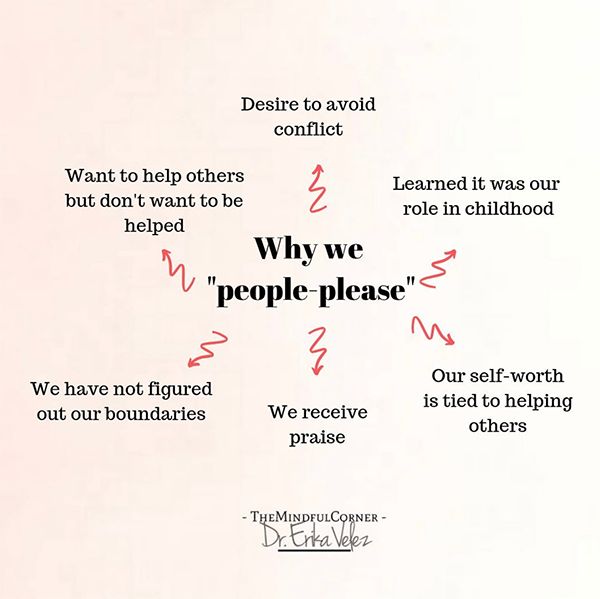 On the contrary, if you are aware and vocal that you are not yet ready to discuss your condition, it will be easier for you to take the first step - to violate your own boundary and come out to have a frank conversation when you feel safe. nine0003
On the contrary, if you are aware and vocal that you are not yet ready to discuss your condition, it will be easier for you to take the first step - to violate your own boundary and come out to have a frank conversation when you feel safe. nine0003
A scene from Sex Education
© imdb.com
How to build personal boundaries
Our upbringing, culture, mentality and signs of the times, personality and character traits, life experience, family relationships and current life situation - everything it affects how we subconsciously form personal boundaries. In order to understand them, you can answer a few questions.
What are you entitled to?
This is a simple but important question - it helps to remember that every person has basic rights that he can exercise without a twinge of conscience. The right to say no, to refuse an offer, and not feel guilty. The right to expect to be treated with respect, to think about your desires and needs no less than about the needs of other people, the right not to live up to someone's expectations, and - very importantly - the right to make a mistake. This is the minimum by which you can define your personal boundaries. nine0003
This is the minimum by which you can define your personal boundaries. nine0003
How do you feel?
A situational question to ask yourself periodically in a variety of situations. How do you feel when a friend wants to discuss your personal life with you. What do you feel when you once again have to linger in the office, when someone asks a question about your life situation, touches on the topic of politics, asks to borrow money or some thing.
Obvious signs of discomfort:
- dry mouth;
- palpitations; nine0076
- sweating;
- irritation.
What do you value?
Personal boundaries can and even should be built in accordance with one's values. If you haven't already identified them, you can brainstorm, write down the top ten, and then reduce first to five, and then to three. Get a short list of basic and very important life guidelines. How often do you have to step over them? What things, people and situations in life make you live contrary to your ideals? Understanding this will help identify pain points. nine0003
nine0003
A scene from Sex Education
© imdb.com
How to softly uphold personal boundaries
When you understand what exactly you will protect, you can move on to the question "how". The main thing here is not to slide into aggression and listen to yourself. Borders tend to change, and it is better to keep track of their movement in time.
1. Be assertive
There is a big difference between assertiveness and aggressiveness. The first instills respect, the second - fear and retaliatory aggression. Perseverance does not involve bargaining, half-hints and various readings, but does not lead to accusations and attacks on the other person. “Don’t you dare touch my things” sounds aggressive. “I want to know that I have a safe place where I can write down my thoughts. That's why I feel uncomfortable when you get into my diary. Please don't do it again" sounds convincing. nine0003
2. Learn to say no
Sometimes you don't have to be pushy about why something makes you feel uncomfortable.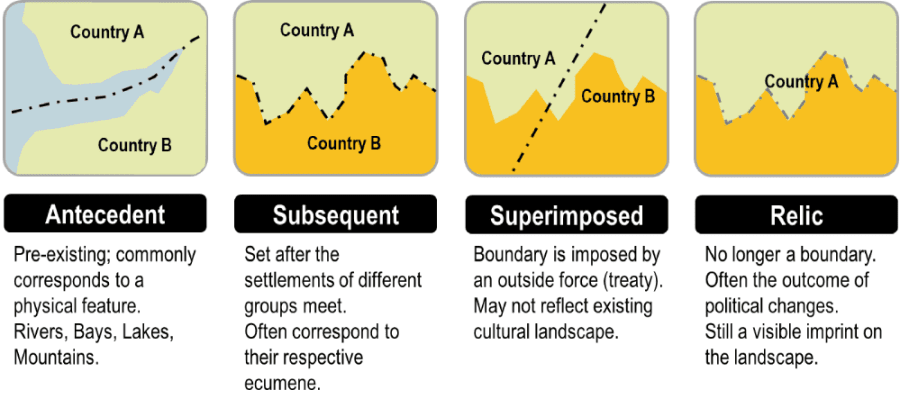 It is enough to immediately say “no” and thereby get rid of future problems. Unfortunately, from childhood we cultivate a tolerance for discomfort - we learn to do what we do not like and agree to things that we do not want. Many are under the illusion that life for the sake of others will make them popular and loved - it seems to us that in no case should we refuse, otherwise we will remain lonely and useless. But, as the old psychologist joke goes, one can say that therapy bears fruit when the patient ceases to be liked by everyone in the world. Because this is impossible when competent personal boundaries are built. And they need to be respected - both their own and others. nine0003
It is enough to immediately say “no” and thereby get rid of future problems. Unfortunately, from childhood we cultivate a tolerance for discomfort - we learn to do what we do not like and agree to things that we do not want. Many are under the illusion that life for the sake of others will make them popular and loved - it seems to us that in no case should we refuse, otherwise we will remain lonely and useless. But, as the old psychologist joke goes, one can say that therapy bears fruit when the patient ceases to be liked by everyone in the world. Because this is impossible when competent personal boundaries are built. And they need to be respected - both their own and others. nine0003
If your interlocutor has stopped looking at you, nods nervously, looks suddenly agitated, or just calms down, slow down and close the topic. Or gently ask if everything is okay. After all, while personal boundaries may not be visible, they can be felt with a little care.
Why it's okay to doubt yourself and how to live with it in a crisis .




